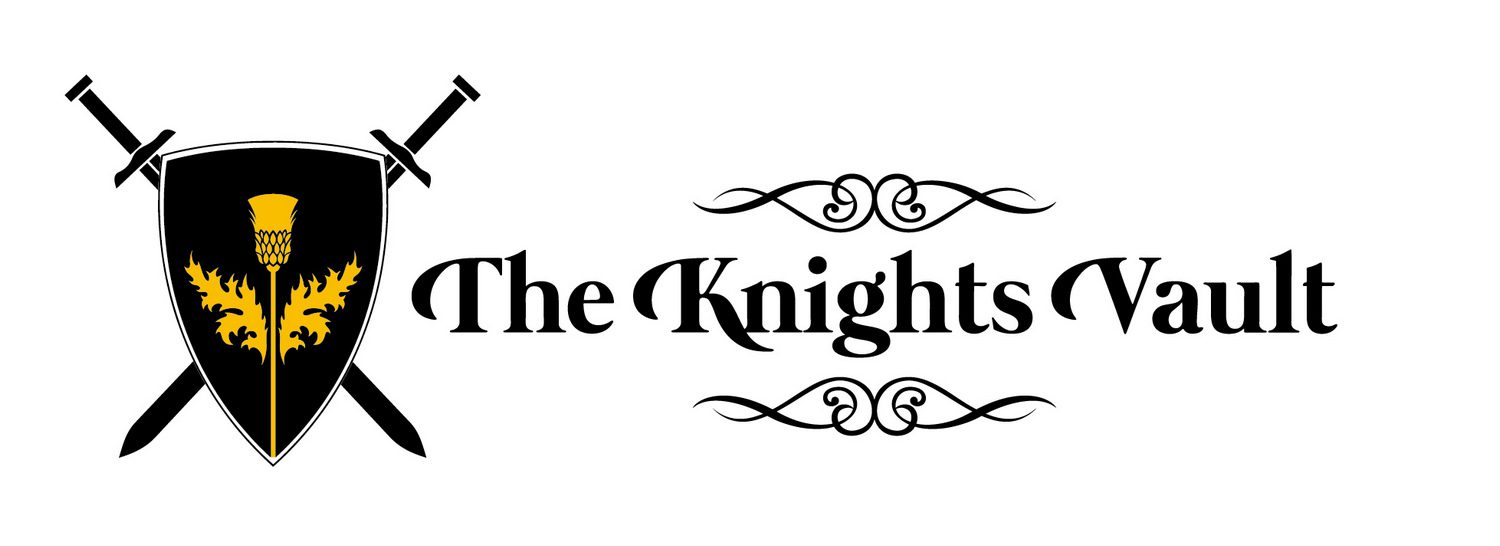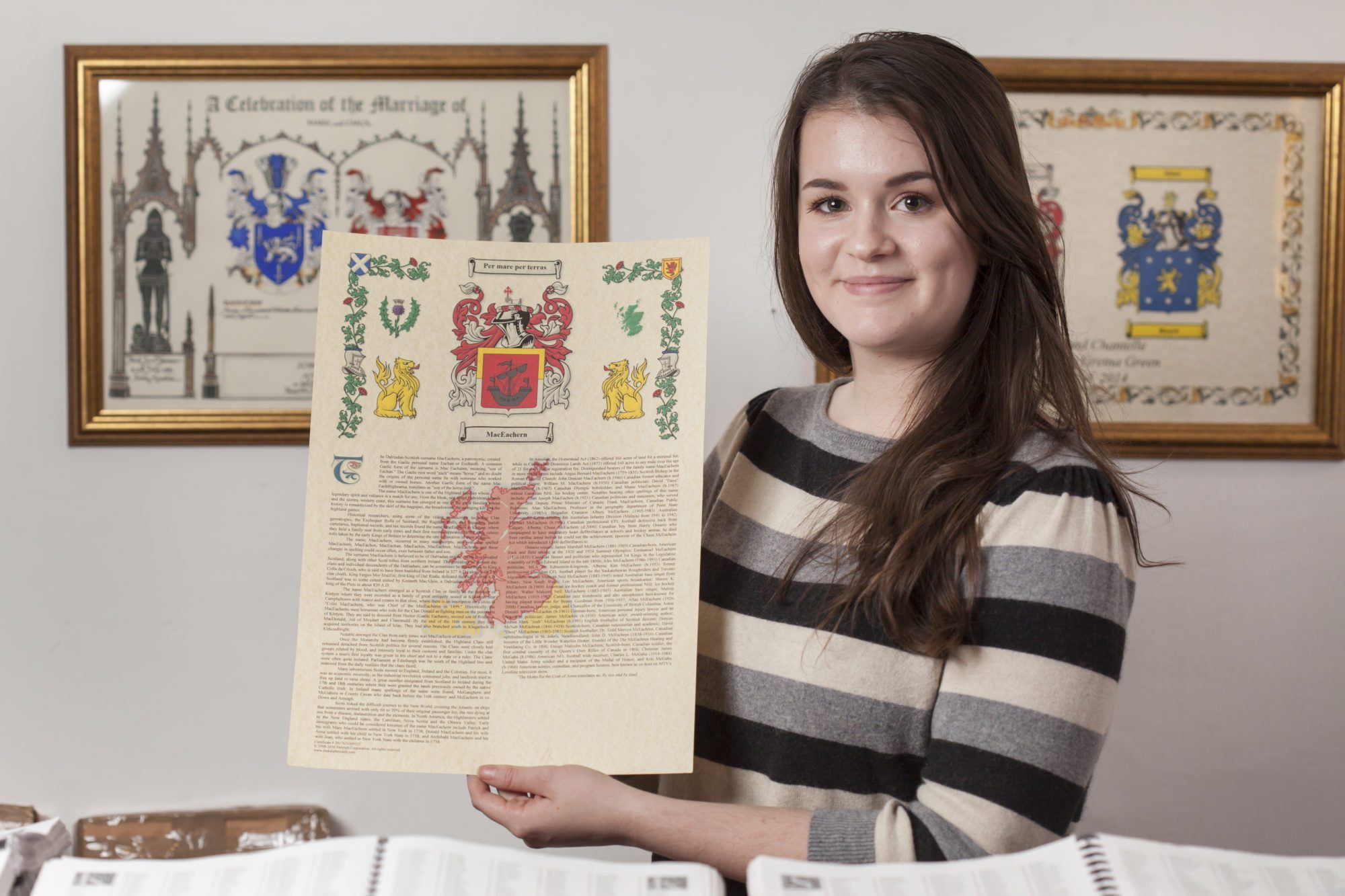This is a country which has been called many different names, a country which has survived numerous invasions and battles over the centuries, a country with a rich and complex history. The Romans named it Caledonia, the Gaels Alba, but today it is better known as Scotland. The Scotland of today has been shaped by its vibrant past and so too have its people, so it comes as no surprise that Scottish surnames would have an interesting background. If you are interested in finding out more about your surname and its origins, here is a guide on everything you need to know about Scottish surnames.
A brief history
Until the 12th century, people in Scotland were simply known by their forename. However, there were only a small selection of names people chose from so without surnames there was some confusion as to who was who! Did you know in the 13th century, over 30% of men were called William, John or Richard?
Previously, surnames were only reserved for the upper classes of Scottish society but by the 12th century they became more popular, although they were not used consistently until the 16th century and even then it took until the 18th century to reach the Highlands. Since a lot of people shared the same name,nicknames or ‘bynames’ were used and from these grew Scottish surnames.
FACT!
Ireland was the first country to use surnames.
Gaelic Nicknames
It was very common for a lot of surnames to be derived from Gaelic words as many were used as nicknames for people in order to distinguish one William from another. Over time, these surnames were anglicized to make them easier to pronounce or were changed completely to hide a person’s origins if they were a Highlander who migrated to the Lowlands.
- The surname Campbell is derived from the Gaelic words ‘cam’ which means crooked and ‘beul’ which means mouth.
- The surname Cameron comes from the Gaelic words ‘cam’ which means crooked and ‘sròn’ which means nose.
- Glenn originates from the Gaelic word ‘gleann’ which means valley.
- The surname Bowie is derived from the Gaelic ‘buidhe’ which means yellow.
Surname spotlight!
MacGill – The surname is the anglicized form of Mac anGhoill meaning ‘son of the stranger’.
Borrowed words
As well as Gaelic, Scottish surnames also came from other languages due to the numerous invasions and occupations Scotland encountered over the centuries. The two periods which have the most influence in Scottish surnames are the Norsemen and Norman periods.
- The surnames Gunn and Thorburn are both old Norse names. The Norsemen, who came from Scandinavia, occupied the northern and western isles in Scotland from the 8th to the 15th
- The surnames Hay and Bissett both originate during the Norman period, after their invasion of England.
- The surname MacLeod means ‘son of Leod’, Leod being a Norse name which is believed to be derived from the word ‘ljotr’ meaning ugly.
FACT!
Robert the Bruce was a descendent of a 12th century Norman knight called Robert de Brus.
Relational
- Patronymic
By-names, as well as being derived from other languages, also fell into other categories, many of those relational, and one of these was patronymic. This means that the surname was derived from the father’s forename. However, depending on whether you were from the Highlands or the Lowlands of Scotland it was formed differently. If you were from the Lowlands of Scotland then the surname would be as follows:
- The father’s name is Carl. The son’s name is David. Using the Lowland patronymic formula ‘son’ is added to the end of the father’s name so the son would be called David Carlson.
If you were from the Highlands then the surname would be as follows:
- The father’s name is Gregor. The son’s name is Stuart. Using the Highland patronymic formula ‘mac’, derived from the Gaelic ‘meic’ which means ‘son of’, is added to the beginning of the father’s name. The son would then be called Stuart MacGregor.
However, as the generations continued, the surnames constantly changed. For example, if David Carlson then had a son named Ewan, his name would then be Ewan Davidson.
Surname spotlight!
MacDonald – The name comes from the Gaelic mac dhomhnuill meaning ‘son of Donald’ with Donald originating from the Gaelic word for ‘world ruler’.
- Locations and Occupations
The other categories that bynames fell into were locations and occupations. Many of the first surnames used were derived from locations or the name of the land owned. The upper classes were the first to have these type of surnames.
- Murray comes from Moray in the Highlands.
- Ogilvie from the Barony of Ogilvie in Angus, Scotland.
Other surnames were derived from the jobs that people did. Some are more obvious than others.
- Webster comes from weaver.
- Brewster comes from brewer.
- Smith comes from the occupation blacksmith.
- Baxter comes from baker.
- Baird comes from the Gaelic word for poet.
FACT!
The most common surname in 2015 in Scotland was Smith.
Interested in finding out more about your surname history? Click here for information on our A3 surname history prints which offer a detailed description of the origins of your surname and information about those who lived with your surname.



